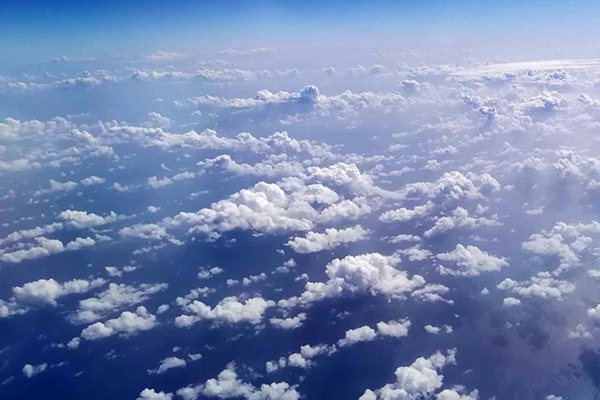
Climate effect of trade-wind clouds – bridging the gap between hectometer and kilometer simulations
In a new study Jule Radtke, Dr Cathy Hohenegger and Prof Thorsten Mauritsen have investigated the representation and climate feedback of trade-wind…
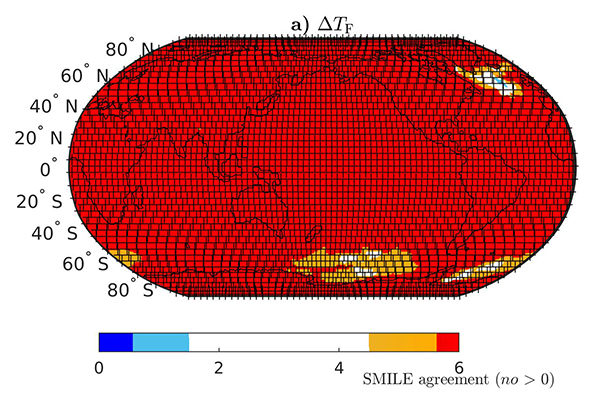
More accurate quantification of model-to-model agreement
In a new study scientists Dr Nicola Maher and Prof Jochem Marotzke from the Max Planck Institute for Meteorology (MPI-M) in collaboration with Prof…
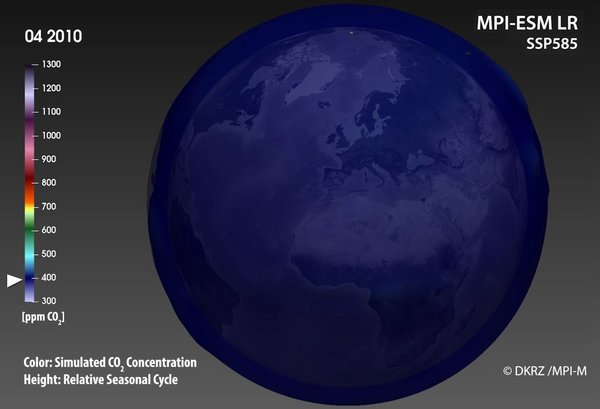
Predicting the global carbon cycle to support decision-making related to carbon management
In a recent study Dr. Tatiana Ilyina, Dr. Hongmei Li, Aaron Spring and Dr. Wolfgang Müller, scientists at the Max Planck Institute for Meteorology,…
![[Translate to English:] [Translate to English:]](/fileadmin/_processed_/c/b/csm_210107_Met_Japan_2021_Urkunden_d914c5a4be.jpg)
Meteorological Society of Japan Publication Award for HD(CP)2 Added Value Paper
A group of scientists at the Max Planck Institute for Meteorology (MPI-M) were recognized for their co-authorship of the paper "The added value of…
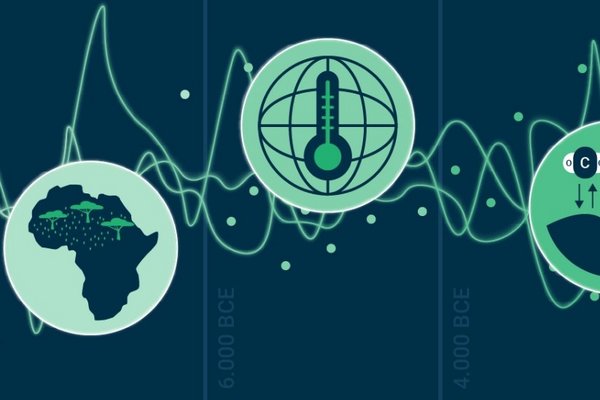
Variability of the Earth system over the last 8000 years
After the peak of the last ice age about 21,000 years ago, the great ice masses that had covered large parts of North America and northern Europe…
![[Translate to English:] [Translate to English:]](/fileadmin/_processed_/5/4/csm_Temporal_mean_MOBO-DIC_200x300__c755c01851.jpg)
New insight into the seasonal carbon dynamics of the global ocean
Researchers at the Max Planck Institute for Meteorology (MPI-M) and colleagues used a machine learning approach to reconstruct a monthly climatology…

New working group on modelling human-environmental interactions in the Anthropocene (HERMITIAN)
At the end of October 2020, the German Committee Future Earth (DKN) approved Prof. Julia Pongratz and Prof. Victor Brovkin to establish a working…
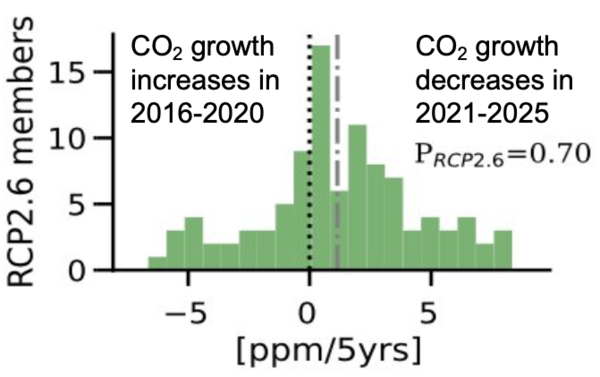
CO2 emission reductions only distinctly attributable in the atmosphere after a decade
In a new study Aaron Spring, Dr. Tatiana Ilyina and Prof. Jochem Marotzke, scientists at the Max Planck Institute for Meteorology (MPI-M), show that…

Supercomputing 2020 keynote talk: "Climate Science in the Age of Exascale" by Bjorn Stevens
With introduction by SC20 General Chair Christine E. Cuicchi, view the keynote talk at “SC20: The International Conference for High Performance…
![[Translate to English:] [Translate to English:]](/fileadmin/_processed_/0/e/csm_Wald_Unsplash_49192c44f7.jpg)
Robust detection of deforestation effects on climate takes decades
Globally, about 22 million square kilometres (Mio km2) of forest have been removed between AD 800 and 2015. This deforestation might double until…
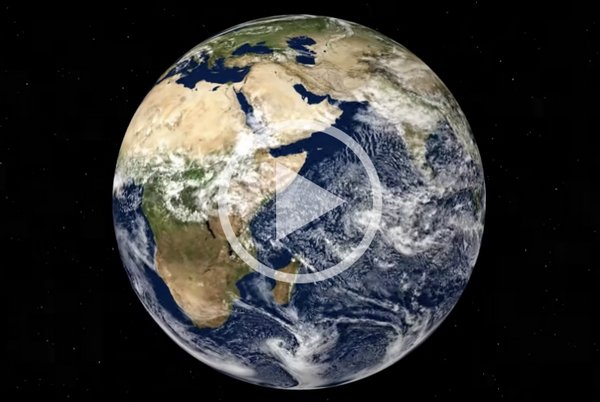
Towards small scale processes in large scale climate models — 3D visualisation of clouds
This visualisation illustrates the vision to simulate small-scale processes explicitly on a global scale, thus reducing the need for parametrisations…
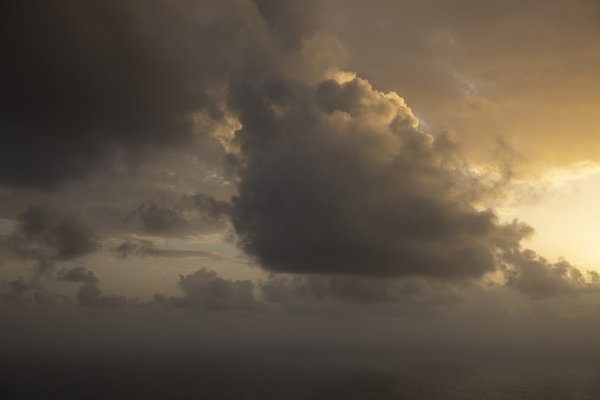
Clouds and Climate — Climate Science’s Greatest Challenge
Prof. Bjorn Stevens, director and head of the department “The Atmosphere in the Earth System” at the Max Planck Institute for Meteorology (MPI-M),…
